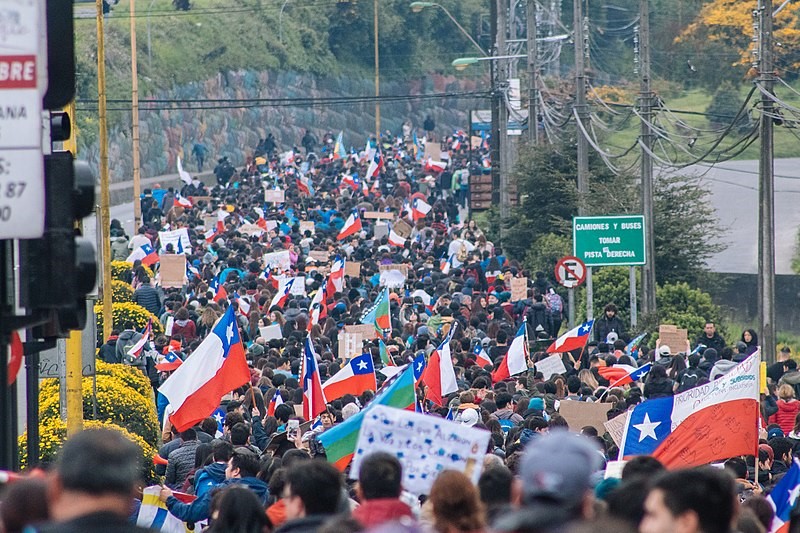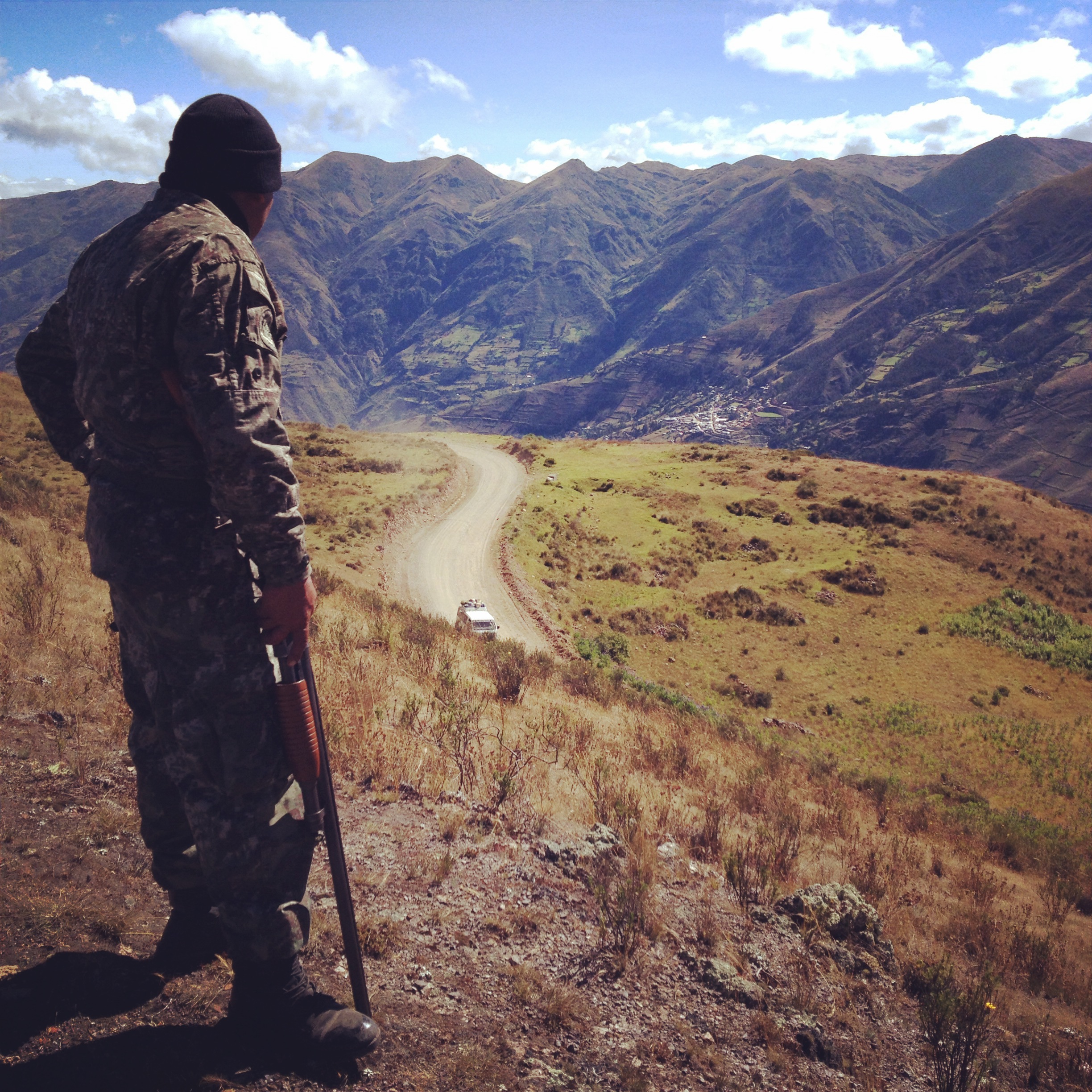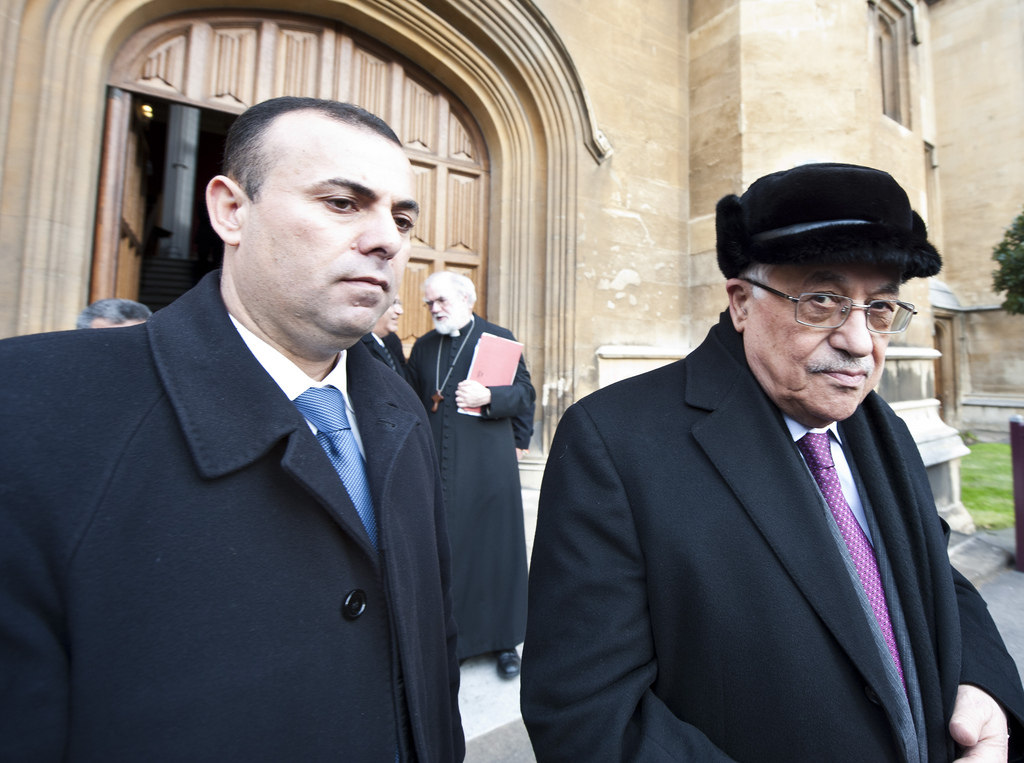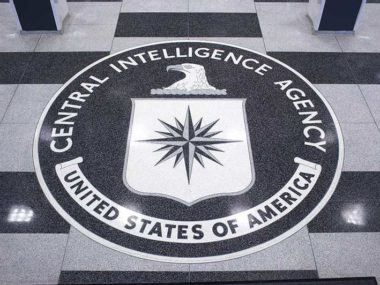By Kai Thaler.
The dawn of 2019 saw Latin America’s democratic crisis continue and deepen. Most prominently, New Year’s Day saw far-right former military officer Jair Bolsonaro sworn in as President of Brazil. Bolsonaro immediately acted to consolidate power; curb the independence of NGOs; undercut government efforts to expand educational access and protect human rights; open up Amazonian lands to development despite indigenous objections; and give security forces free rein. Bolsonaro has already dispatched the military domestically. This could begin an expanded military role in Brazil’s domestic politics and security, a worrying prospect given the country’s history of dictatorship.
In Nicaragua, imprisoned activists were beaten for singing the national anthem on New Year’s Eve as Daniel Ortega’s government continues to strangle the media and civil society. Nicaraguan asylum-seekers deported from the US have disappeared on their return to the country. Most countries in the region consider Nicolás Maduro’s Venezuelan government illegitimate, and three million Venezuelans have fled amid economic collapse and authoritarian rot. Evo Morales is trying to win a fourth term as president of Bolivia, despite losing a referendum on whether he should be able to run again. Guatemalan President Jimmy Morales has repeatedly tried to shut down the UN-backed CIGIG anti-corruption commission, and last week announced its expulsion. El Salvador’s presidential frontrunner, Nayib Bukele, and his supports have taken up Donald Trump and Bolsonaro’s mantle, claiming the election will be stolen from him, fearmongering about protests and military intervention, and attacking the media.
In the face of dictatorships and serious threats to existing democracies, what can be done to resist authoritarianism and to strengthen and restore democracy throughout the Americas, and elsewhere? Last week in Denver, I convened a panel discussion with Consuelo Amat, Andy Baker, and Rafael Ioris on “Latin America’s Democratic Decline and Possibilities for Resistance.” What follows are some lessons from the discussion and my own reflections.
Can the courts be a bulwark of democracy? The Guatemalan Constitutional Court has repeatedly resisted Jimmy Morales’ efforts to shut down the CIGIG anti-corruption body, including Morales’ latest expulsion order. Supreme Court justice Rafael Solis, previously an Ortega ally, just resigned in Nicaragua, denouncing the government. Solis resigned, though, nine months into the government’s campaign of repression and after backing Ortega through years of democratic erosion. Courts can be enablers, too. Bolivia’s Constitutional Court went along with Evo Morales’ push for unlimited reelection. Brazil’s judiciary may not constrain Bolsonaro: Sergio Moro, the judge who kept former president Luiz Inácio Lula da Silva in jail and unable to run against Bolsonaro, was named by Bolsonaro as the new justice minister. Where courts remain independent, they can check leaders and provide a vehicle for civil society to challenge anti-democratic and discriminatory policies, but citizens should not put their faith in courts alone.
Similarly, legislatures can be effective checks on authoritarian-minded leaders when they are independent. Leaders who lack majority legislative support, however, often try to undermine legislative influence, whether through decree powers, plebiscites, or persecuting legislators. Or leaders may go further: Alberto Fujimori in Peru dissolved the legislature in a 1992 ‘autogolpe’ and fractured the opposition, while Maduro created a new constituent assembly to replace Venezuela’s elected, opposition-controlled legislature. Electoral authoritarians will work to coopt opposition politicians to stave off challenges to their power. Legislators must be willing to risk their own careers—and potentially lives—to stand up to overreaching executives.
If governmental institutions fail to protect democracy, it falls to the people. Domestic civil society actors are key in resisting dictatorship and democratic erosion, but their abilities and effectiveness vary by regime type and the level of repression. As Aaron Schneider pointed out, right-wing leaders try to break civil society’s independence and influence, diminishing the potential for mass mobilization, while left-wing leaders seek to control mobilization potential by creating corporatist mass organizations and unions tied to the government or ruling party. This means left-leaning leaders will paint any outside attempts to aid civil society as imperialist interference justifying the need for government-controlled civil society, while authoritarianist leaders across the ideological spectrum can always persecute civil society organizations they deem threats.
In the face of persecution, civil society leaders must adapt. Amat’s research suggests that where opposition organizations are tolerated, alliances across civil society are key for mass nonviolent resistance, even if it requires compromises among strange ideological bedfellows. Mass mobilization is difficult, however, when leaders are willing to use heavy violent repression, as Venezuelans and Nicaraguans have found. In these cases, Amat suggests, nonviolent organizations should take a page from underground militant groups and create cellular structures that limit the damage of any single arrest or killing. Nonviolent resistance may be effective in many cases at resisting dictatorship, but when citizens protest violently or take up arms in the face of repression and intransigence, it may be the best option to pressure an anti-democratic regime. It is important, though, to note that citizens themselves may not seek to protect democracy: Bolsonaro, Donald Trump, and Rodrigo Duterte were all honest on the campaign trail about their disdain for democratic norms and institutions, and voters still elected them.
Finally, international actors cannot be decisive in protecting or restoring democracy (absent the highly problematic possibility of military intervention), but they do have a significant role to play. Governments and multilateral organizations can place sanctions on repressive and corrupt leaders and government officials, as the US has done in the Venezuelan and Nicaraguan cases (but notably failed to do in Honduras). Transnational solidarity networks can amplify and strengthen domestic civil society actors, pressuring leaders abroad. Before Bolsonaro’s inauguration, scholars and activists in the US and elsewhere formed networks to help Brazilians protect their democracy by raising awareness of threats to democracy, pressuring legislators, and supporting dissidents.
It is a dark time for democracy in Latin America and around the globe. Authoritarian-minded leaders will continue to test the limits of their powers, and concerted efforts domestically and abroad across political and social sectors are necessary to resist further democratic erosion.
Kai Thaler is an Assistant Professor of Global Studies at the University of California, Santa Barbara and a postdoctoral fellow at the Sié Chéou-Kang Center for International Security and Diplomacy.







